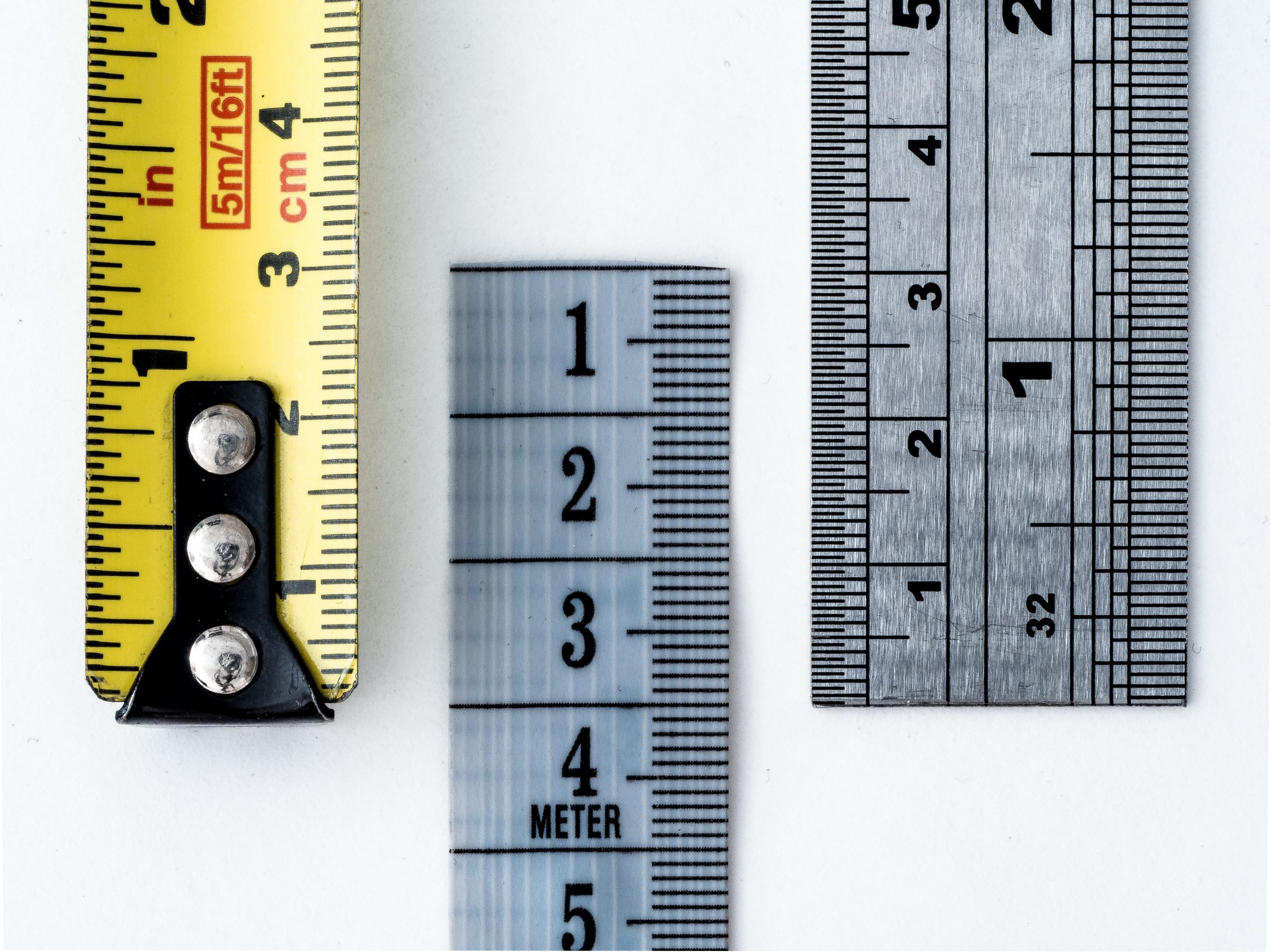We’re introducing each of our four Policy-in-Practice Fund projects with an introductory blog post. Below, Lianne Kerlin from the BBC answers a few of our burning questions to give us some insight into the project and what it will achieve. We’re really excited to be working with four groups of incredible innovators and you’ll be hearing a lot more about the projects as they progress.
At the BBC, we believe that embedding human values into the heart of design practice is fundamental to building a more inclusive, democratic, resilient, trustworthy and sustainable future internet. We are pleased to have received a grant from the NGI Forward’s Policy-in-Practice fund to integrate our innovative work on human values with existing design frameworks so that it can be used by a wider range of practitioners.
What are human values and how do they relate to technology?
The Human Values Framework is based on the needs of users in today’s technology-driven world. It is the result of a research project that examined the link between people’s values, behaviours and needs through a series of workshops, interviews and surveys.
Our work found fourteen indicators of well-being that express fundamental needs. We have constructed a design framework that puts these needs at the centre of innovation and decision making so that products and services can support people in their lives. Values are judgements about what people deem to be necessary, but also represent underlying needs and motivations that drive and shape everyday behaviour, and include elements such as achieving goals, being inspired, pursuing pleasure, and being safe and well.

So what’s the problem with our current approach to tech?
As well as offering guidance to designers, the framework addresses a fundamental issue with our current approach to measuring the effectiveness of products and services, which is that they are largely concerned with attention metrics such as the number of users or the number of minutes consumed. As a result, any deeper questions of the impact on audience well-being or happiness are not just left unanswered – they are unaskable.
This approach has serious implications across the online sphere. It means companies compete solely for consumer attention, creating pressure within organisations to increase consumption and adopt attention-grabbing designs that can lead to addictive user behaviour.
How do you see this approach changing in the future, if we get things right?
The framework offers an alternative perspective, one that asks designers to consider the impact of their product on the end-user. In re-framing success, decision-makers can move away from an end goal of consumption into thinking about their intended impact on the people behind the numbers. Using the framework they can consider how to help people live more fulfilled lives, rather than simply gaining their attention.
The framework also recognises the limitations of the current measurement approach and reframes success as the fulfilment of audience values. The framework is about considering what is fundamentally good for people and designing and measuring how they can enable people to explore, to grow or to understand themselves. We believe that having an alternative way to describe success will result in healthy and more sustainable practices.
What do you hope to learn from this project, and how might those learnings be used by others?
Our goal with this project is to take the insights we have developed into design practice and integrate them into existing approaches, specifically the well-known ‘double diamond’ process model, first outlined by the UK Design Council in 2005 and current work connecting user-centered design and agile development. We hope to make measuring the impact on quality of life and wellness part of the normal design cycle for every organisation.
This collaboration is an exciting opportunity to explore how the human values framework can integrate within existing frameworks and practices in all types of industries. We will work with industry experts to learn as many current processes of decision making in order to understand where the human values framework can best align. Our goal is to produce a set of tools, processes and best practice guidelines for embedding the human values framework into existing frameworks.
How can people get involved and find out more?
We will be posting regular updates on our website at www.humanvalues.io which will launch early in 2021 – it currently points to our main page on the BBC R&D website where you can find out about the human values framework. You can also listen to our podcast series.
